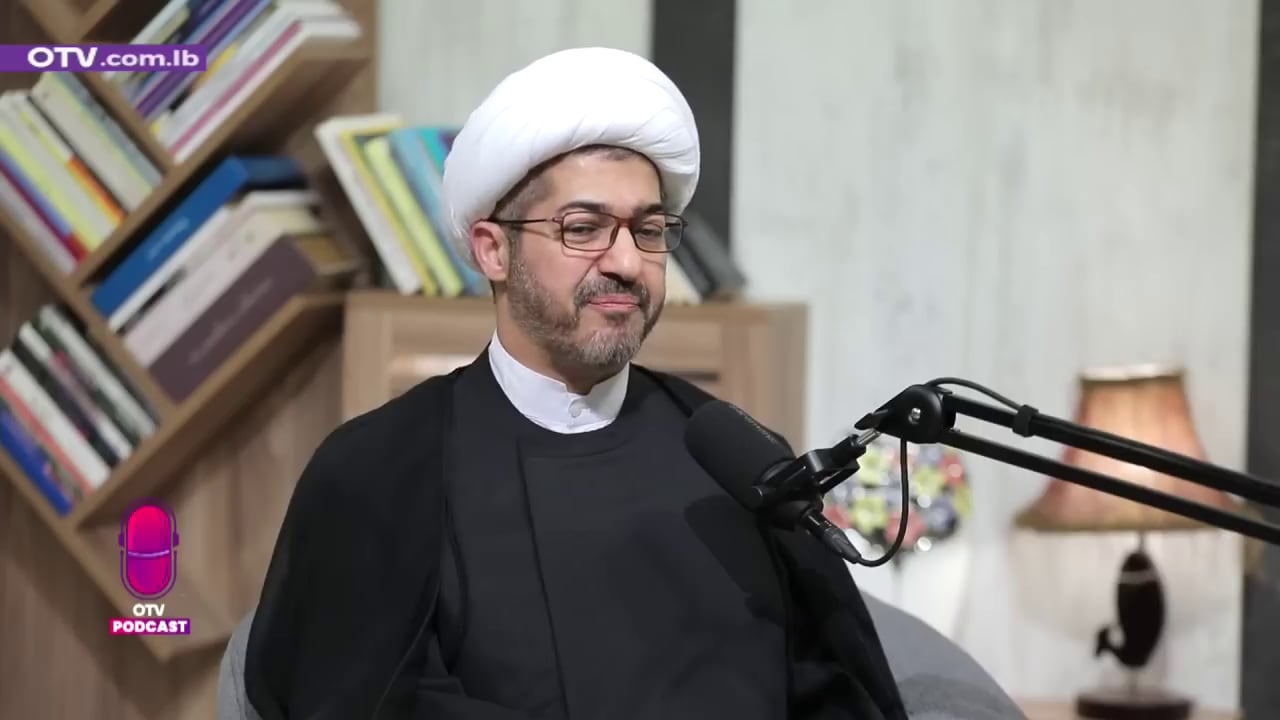
Fereydoon Abbasi, the former chief of the Atomic Energy Organization of Iran and the current Chairman of the Energy Committee in Iran's Majles, said in a November 28, 2020 interview on Ofogh TV (Iran) that in response to the recent assassination of senior Iranian nuclear scientist Mohsen Fakhrizadeh, Iran should leave the JCPOA, stop implementing the additional protocol of the NPT, and curb the access granted to IAEA inspectors in Iran. He said that if things continue as they have been, Iran should also leave the NPT and accept the possibility of a military strike. Abbasi himself survived an assassination attempt in 2010.
Interviewer: "What response is the Majles planning to the Zionists' evil [assassination of Fakhrizadeh]? Has a bill been suggested? A plan or something?"
Fereydoon Abbasi: "Let's say there is. Who wants to implement it?"
Interviewer: "You are speaking very directly... Of course, the executive branch would implement this. What does the Majles want to do?"
Abbasi: "We, in the Majles, need to first consider with whom we are dealing."
Interviewer: "Within Iran or outside Iran?"
Abbasi: "Within Iran. Our problem is inside Iran, not outside. If we pass a law, who will want to enforce it? Let's say we go to the Majles and shout a thousand times, and then pass [a law] with an overwhelming majority. Will the executive branch be man enough to enforce the Majles' law even if it is difficult? Or will this be like the plan to decrease our commitment [to the JCPOA], in baby steps?
[...]
"Allah willing, if tomorrow we go to the Majles, and I suggest a bill that includes leaving the JCPOA, enriching [uranium] to 20%, and rejecting the [NPT's] Additional Protocol and its ridiculous implementation... Why are we implementing, and surpassing our obligations to the Additional Protocol? Why have we granted so much access to the IAEA in this country?
[...]
"Therefore, I think that we should first act in stages and in short periods of time – not over a year or two years. We definitely need to stop implementing the Additional Protocol and to rescind any additional [IAEA] access that we have granted. We must prevent access to the IAEA's inspectors, and we must leave the JCPOA. If they continue this way, we should also leave the NPT. This would require three months, according to the existing regulations. It takes three months to leave once you declare you are leaving.
[...]
"If the other side agrees to lift the sanctions and to make our dossier an ordinary case, we will stay in the NPT. If we leave the NPT, we must prepare for any step they might take during the three-month period. In this case, I say we should also leave the NPT, and not be satisfied with slogans. We must see the full implementation of the plan, and even accept the possibility of a military strike.
[...]
"According to the law, they cannot do anything to us if we leave the NPT. If we leave, we will not be obligated to do anything. We would act as we please, and other countries would be able to cooperate with us, just like Pakistan, India, and other countries who were not part of the NPT but have still advanced in the nuclear field and in energy."













